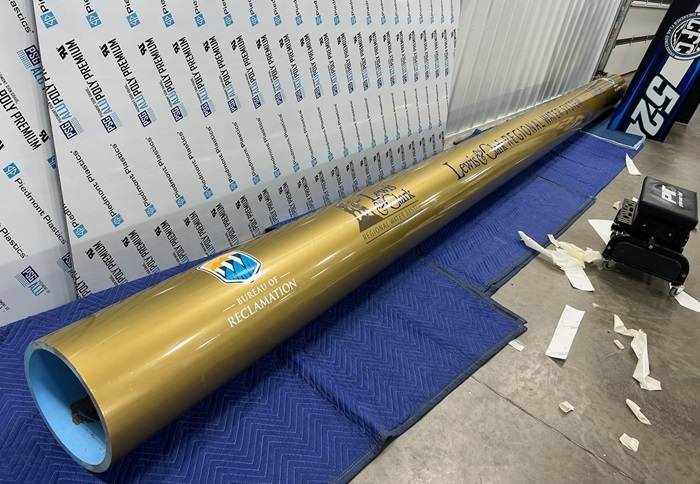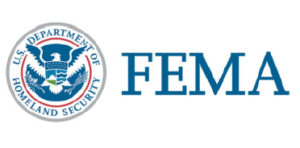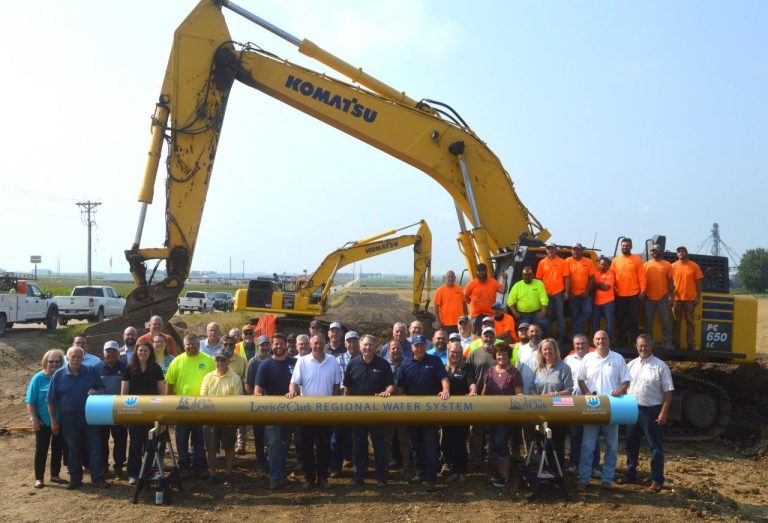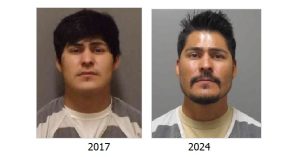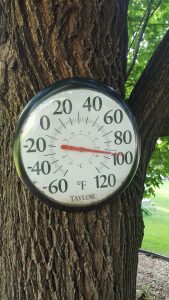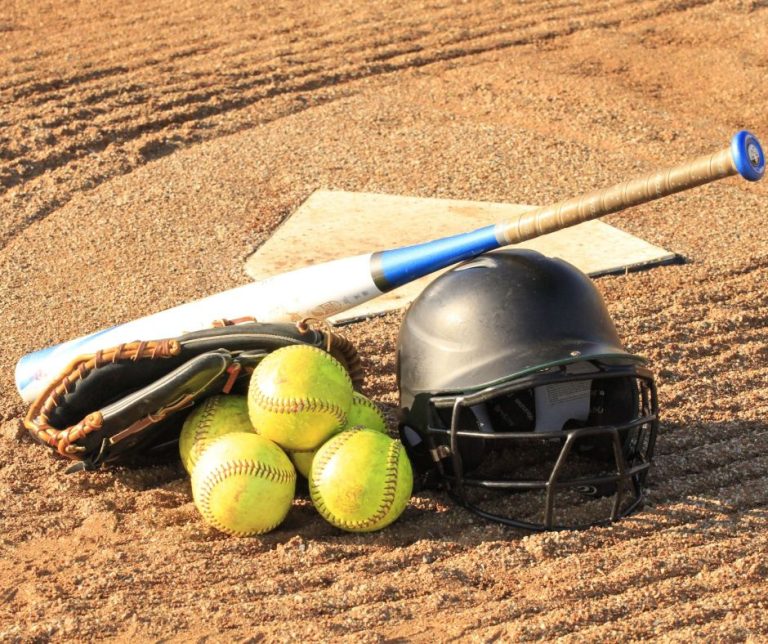Northwest Iowa — Iowa Secretary of Agriculture Mike Naig announced Thursday that a successful Water Quality Initiative (WQI) project in Plymouth, Sioux, O’Brien and Cherokee Counties is expanding into a larger territory while beginning a new phase that includes an added focus on edge-of-field conservation practices.
He tells us that since the Deep Creek Water Quality Initiative Project started in 2014, nearly 27,000 acres of cover crops have been seeded in the project area. While cover crops will continue to be emphasized, the project will now expand to focus on edge-of-field practices like saturated buffers and bioreactors which filter water as it leaves farm fields and helps keep nutrients from entering waterways. Naig says traditional practices such as nutrient reducing grade stabilization structures and terraces will also be used.
Secretary Naig says high engagement from area farmers and landowners, coupled with strong local leadership and partners propelled the project into a larger territory with more resources and practices. He says that as this project expands, new partners, farmers, and landowners are invited to join in the next phase to keep the water quality momentum building.
The Iowa Department of Agriculture and Land Stewardship, through the Water Quality Initiative, is allocating $660,150 for the next phase of this expanded project.
Additional partners include the United States Department of Agriculture (USDA) Natural Resource Conservation Service (NRCS), Plymouth County Farm Bureau, Iowa Corn Growers Association, Iowa Soybean Association, Iowa State University Extension and Outreach, Plymouth County Pheasants Forever, Plymouth County Pork Producers, Le Mars Agri-Center, Remsen Farmers Coop, Farmers Coop of Hinton, Oyens, Akron, and Le Mars, and the Plymouth County Soil and Water Conservation District.
Interested farmers and landowners should contact their local soil and water conservation district office to learn more about participating.
The Iowa Water Quality Initiative was established in 2013 to help implement the Nutrient Reduction Strategy, which is a science and technology-based approach to protecting and improving our water quality. The strategy brings together both point sources, such as municipal wastewater treatment plants and industrial facilities, and nonpoint sources, including farm fields and urban stormwater runoff, to address these issues. The Initiative seeks to harness the collective ability of both private and public resources and organizations to deliver a clear and consistent message to stakeholders to reduce nutrient loss and improve water quality.
(Courtesy fellow Community First Broadcasting station KSOU in Sioux Center)





